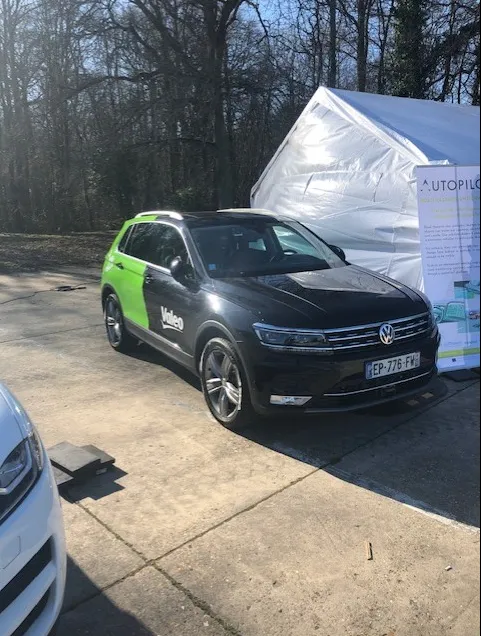Scania will take the lead role in a three-year European research project to develop a system for implementing truck platooning on roads, which it is believed can significantly contribute towards reducing the carbon footprint of trucks.
Through the European Companion research project, the partners will identify means of implementing the platooning concept in practice in daily transport operations. The project also includes Volkswagen Group Research, Stockholm’s Royal Institute of Technology, Oldenburger
December 12, 2013
Read time: 2 mins
Through the European Companion research project, the partners will identify means of implementing the platooning concept in practice in daily transport operations. The project also includes
Depending on the transport task, haulage companies will be able to identify the most favourable route with regard to fuel consumption. Through an integrated system, drivers will receive information on where they can join and leave platoons which will clearly describe available alternatives, taking into account such variables as weather conditions, the traffic situation and delivery schedules as well as the weight and speed of the truck combination.
“We hope that this project will increase awareness in Europe of the many advantages of platooning,” says Sven-Åke Edström, senior vice president, Truck, Cab and Bus Chassis Development. “Platooning will require standardised support systems as well as legislative action that will be clarified in this project.”
The project will also propose common EU regulations permitting shorter distances between trucks in the platoon. The shorter the distance, the greater the fuel saving that can be achieved. However, this would require vehicles to be interconnected through wireless communication systems.
With Spanish companies IDIADA and Transportes Cerezuela as partners, the aim is to test the entire system on Spanish roads during the autumn of 2016. “It’s also a major advantage at this early stage of the project to include future users and thereby benefit from customer feedback,” says project coordinator Magnus Adolfson, head of Intelligent Transport Systems and Services at Scania.









